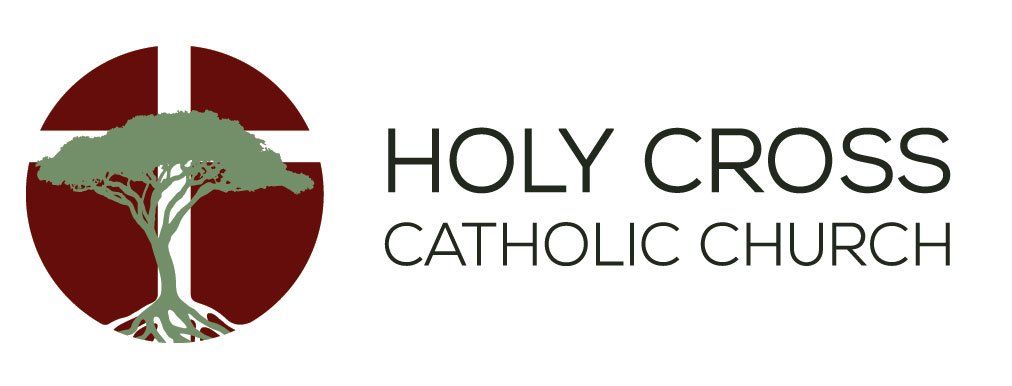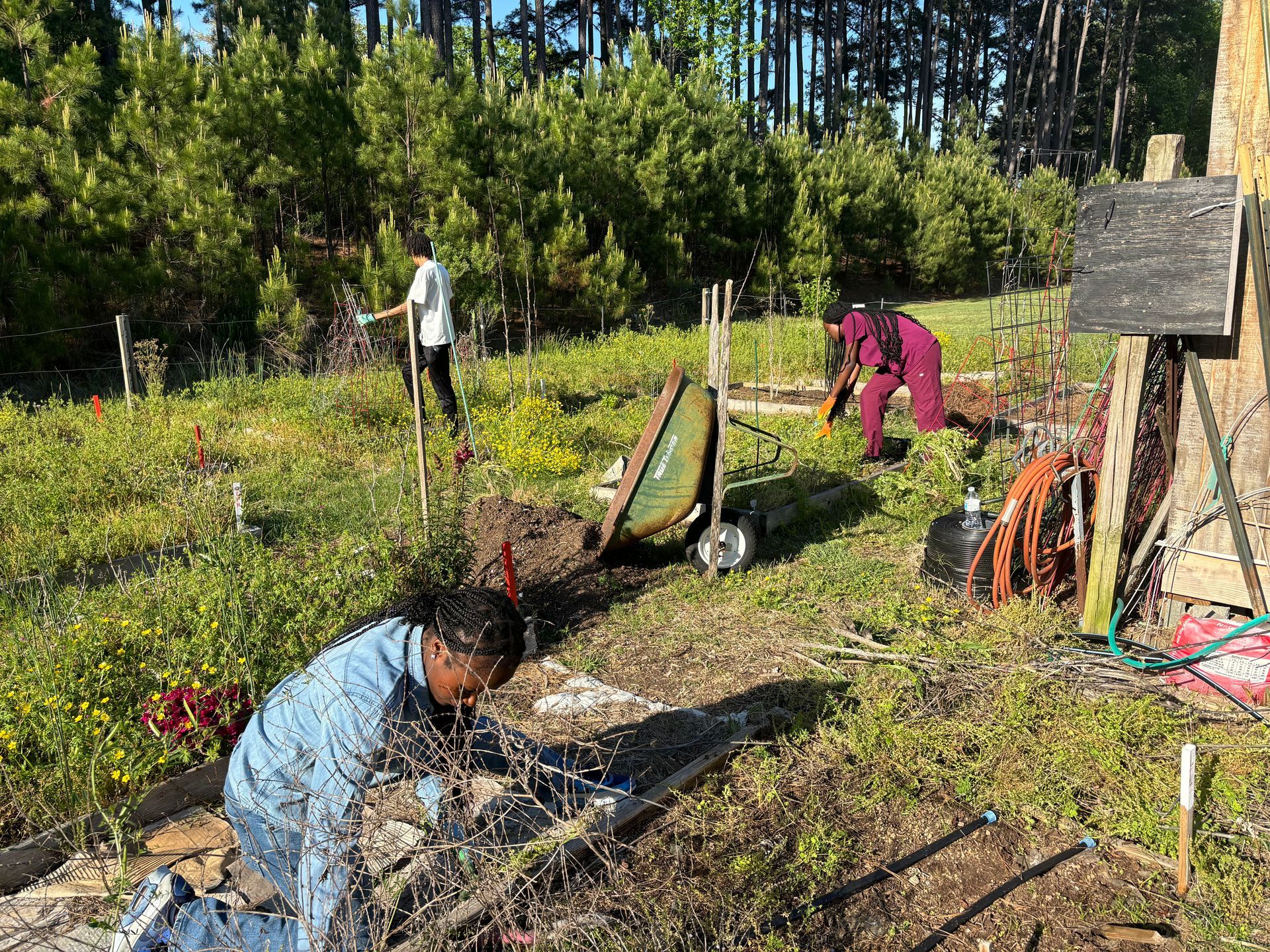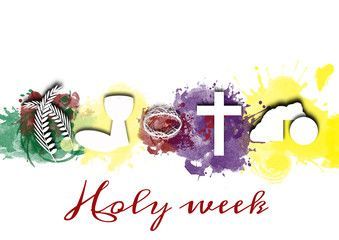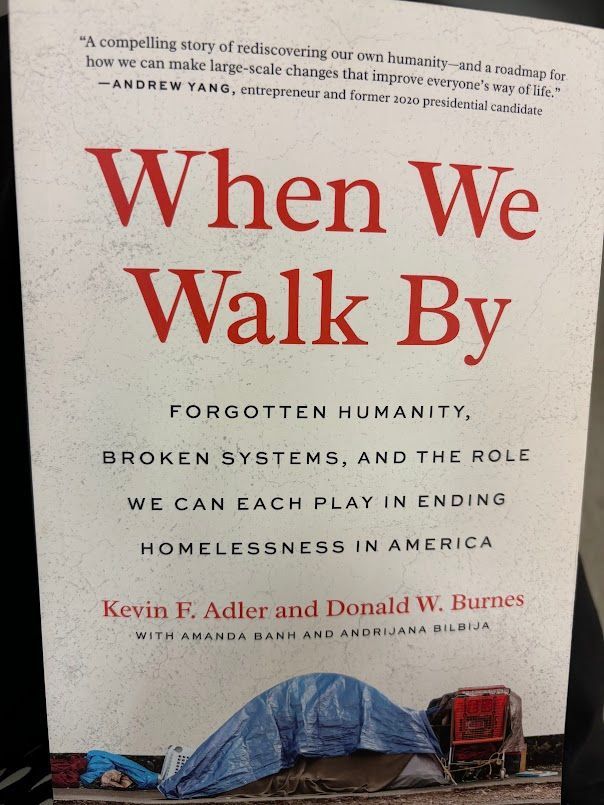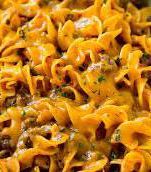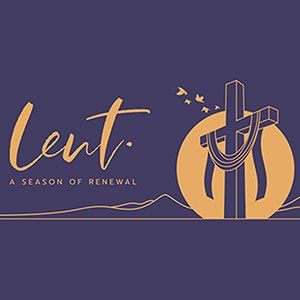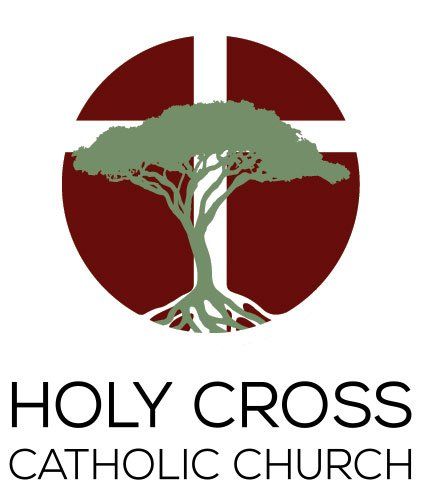Deacon's Corner, January 16, 2023
Honoring Dr. Martin Luther King, Jr.

Click here for details about the Diocese of Raleigh's celebration of the life and legacy of Dr. Martin Luther King Jr.
A reflection by Deacon Phil
To honor Dr. King, I wanted to find published information on an incident that occurred while I was a recent high school graduate in Chicago. I recalled that I was disturbed by the news of rocks being thrown at Dr. King. It was at a peaceful demonstration at a park near where I lived on the south side of town. I had at the time much respect for the man who was advocating for equal rights for African-Americans by non-violent methods. I felt shame as a citizen of Chicago that this was occurring against a man who had received the Nobel Peace Prize (1964) for his civil rights work.
The Chicago Freedom Movement, led by Dr. Martin Luther King Jr., James Bevel, and Al Raby, was created to challenge systemic racial segregation and discrimination in Chicago and its suburbs. The movement, which included rallies, protest marches, boycotts, and other forms of non-violent direct action, addressed a variety of issues facing black Chicago residents, including segregated housing, educational deficiencies, income, employment, and health disparities based on racism and black community development.
The Chicago campaign began in July 1965, when local civil rights groups invited Dr. King to lead demonstrations against segregation in education and housing as well as employment discrimination. Chicago activist Albert Raby, leader of the Coordinating Council of Community Organizations (CCCO), asked the Southern Christian Leadership Conference (SCLC) to join them in a nonviolent campaign to achieve fair or open housing in the city.
On January 7, 1966, King and the SCLC announced plans for a Chicago Freedom Movement, a campaign that marked the expansion of their civil rights activities from the South to northern cites. King and his family moved to a Chicago slum at the end of January to bring attention to housing conditions of tens of thousands of black Chicago residents, while CCCO organized mass nonviolent protests in the city.
On August 5, 1966, during a march at Marquette Park, an all-white Chicago neighborhood, to promote open housing, black and white demonstrators were met with intense racially-fueled hostility. Bottles and bricks were thrown at them. Dr. King, leader of the march, was struck by a rock. King admitted in a post-march interview that he had seen many anti-civil rights demonstrations in the South but none that was as hostile and violent as the one he experienced in Marquette Park.
Dr. King faced the challenge of mobilizing Chicago’s diverse African American community of nearly one million people. He cautioned against further violence and worked to counter the mounting resistance of working class whites who were fearful of the impact of open housing on their neighborhoods. Dr. King stayed in Chicago until January 1967, while Jesse Jackson settled permanently in the city to lead the Chicago branch of Operation Breadbasket. In 1968 the U.S. Congress passed the 1968 Fair Housing Act, as the most direct result of the Chicago Freedom Movement.
Source: Momodu, S. (2016, August 31) Chicago Freedom Movement BlackPast.org
